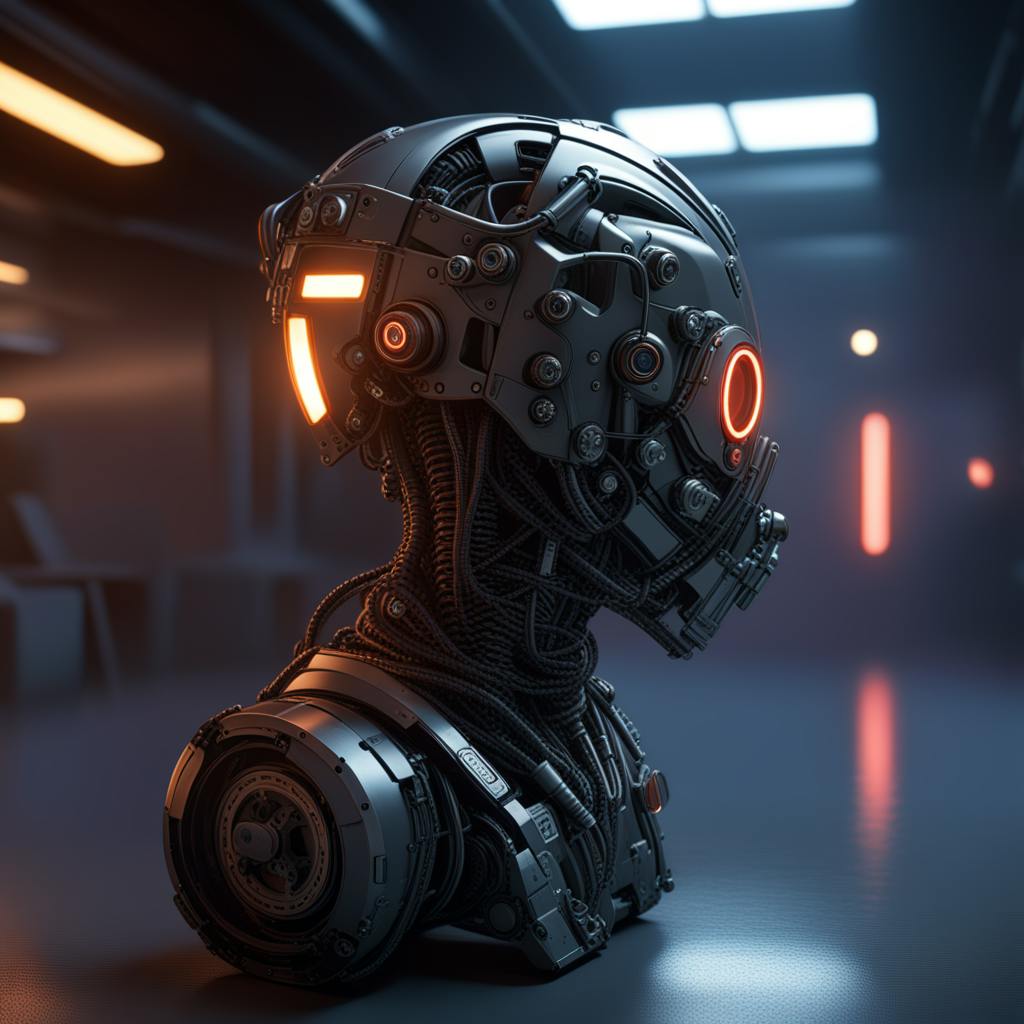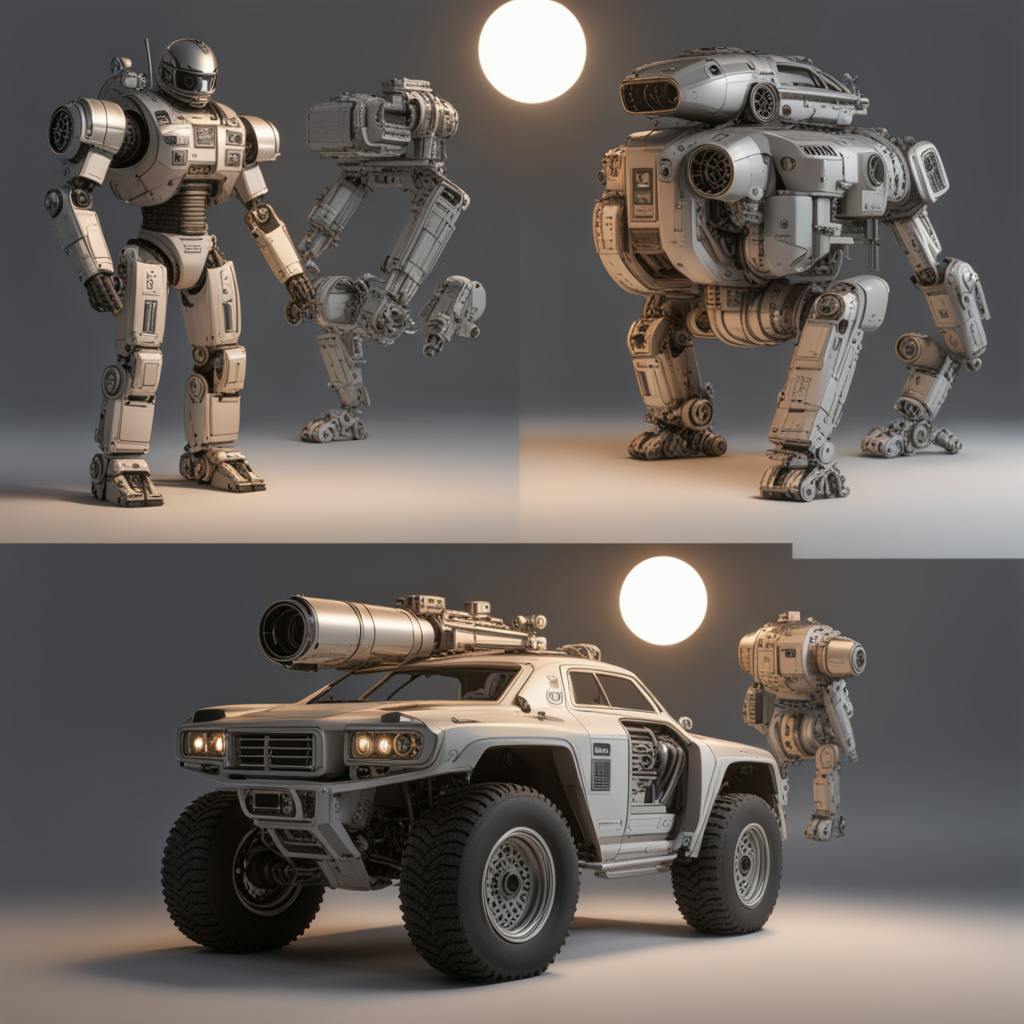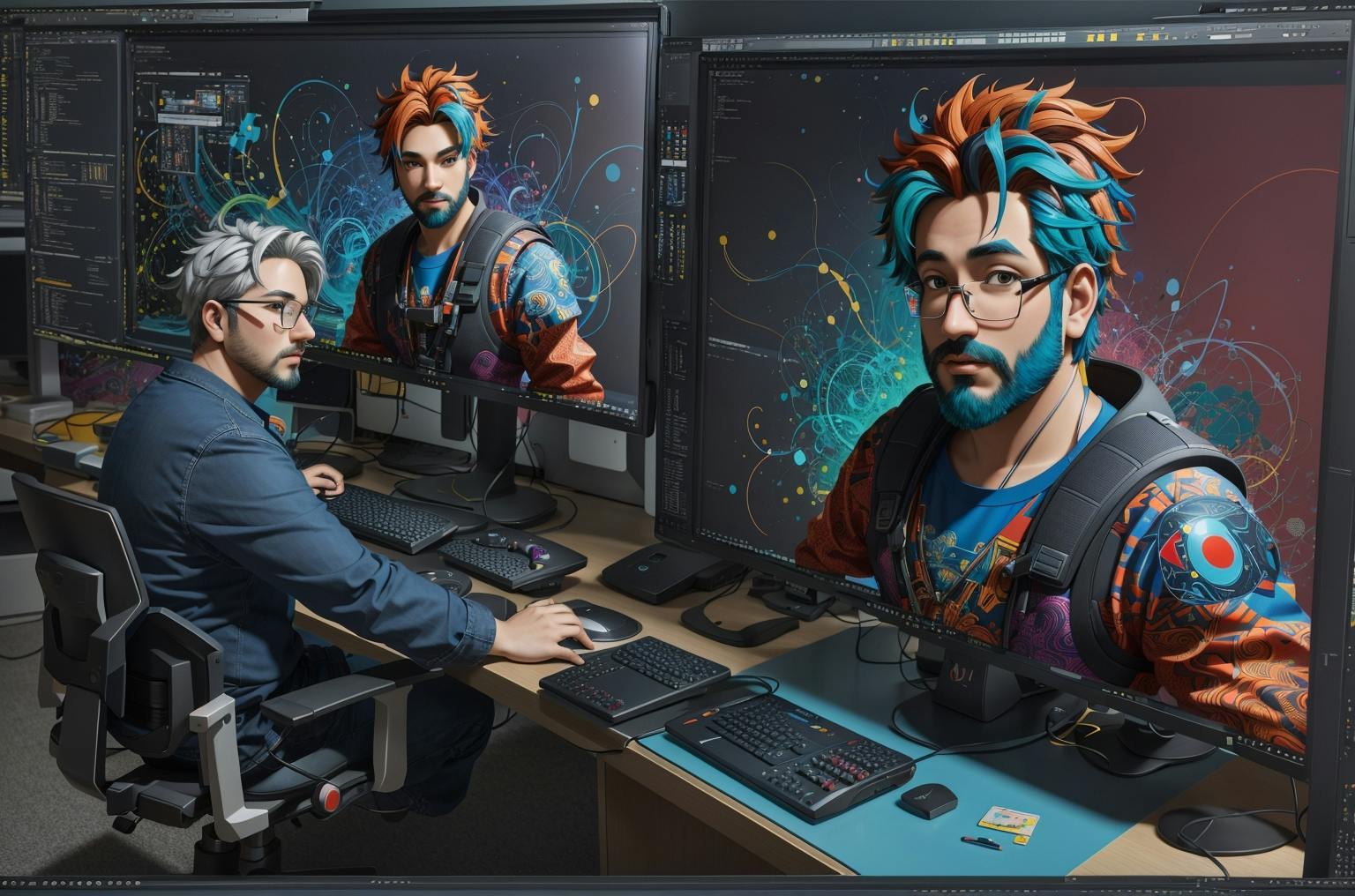Artificial intelligence (AI) has rapidly emerged as a transformative force, offering unprecedented opportunities to reshape industries, enhance productivity, and solve complex challenges. As businesses and individuals continually seek innovative solutions, understanding the diverse ways to use AI is crucial.
This article explores how AI is applied across sectors, from revolutionizing healthcare and enhancing customer experiences to driving efficiencies in manufacturing and expanding creative boundaries. Whether you're curious about AI's capabilities or contemplating its integration into your operations, these insights will guide you through the future-oriented applications of AI.
Revolutionizing Healthcare with AI
AI technology is making incredible strides in the healthcare sector. Machine learning algorithms are now capable of diagnosing diseases more accurately than ever before, often surpassing human expertise in speed and precision. Predictive analytics help healthcare providers identify potential outbreaks and manage resource allocation efficiently. In addition, AI-powered robots assist in surgeries, reducing risks and recovery time for patients, bringing about a new era in medical procedures.
FAQ: How does AI improve patient care?
AI improves patient outcomes by offering personalized treatment plans, real-time monitoring, and early disease detection, ensuring timely interventions and better overall care.
Enhancing Customer Experiences
Businesses are increasingly leveraging AI to personalize customer interactions and elevate user experiences. Chatbots and virtual assistants, including Apple's Siri and Amazon's Alexa, are becoming staples in customer service by providing 24/7 support. These tools learn from interactions, becoming more adept at understanding and anticipating customer needs. Moreover, AI-driven recommendation engines are powering e-commerce platforms, helping customers discover products tailored to their preferences and browsing habits.

AI made with Christophe Vacher
Can AI replace human interaction in customer service?
While AI can handle routine queries efficiently, human agents remain essential for complex problem-solving and emotional intelligence aspects, providing a complementary balance.
Driving Manufacturing Efficiencies
The manufacturing industry benefits immensely from AI's ability to streamline operations and boost productivity. AI-driven robotics and automation systems perform repetitive and strenuous tasks with high precision, reducing labor costs and minimizing human error. Predictive maintenance powered by machine learning algorithms helps in foreseeing machinery breakdowns, thereby preventing costly downtimes and extending equipment lifespan.
How does AI impact job roles in manufacturing?
AI technologies transform job roles by automating mundane tasks, allowing workers to focus on supervisory, troubleshooting, and design functions that require human creativity and oversight.
Expanding Creative Boundaries
In fields such as art, music, and literature, AI is pushing creative boundaries by generating new forms of expression. AI algorithms can produce music, paintings, and even scripts, inspiring artists and content creators to explore uncharted territories. For instance, AI-powered design tools enable architects and graphic artists to visualize projects in innovative ways, fostering experimentation and creative growth.
Is AI creativity genuine?
While AI lacks consciousness, its creativity stems from analyzing vast datasets and generating combinations that mimic creative processes, offering a collaborative tool for human creators.
Unlocking AI: Practical and Groundbreaking Applications
Artificial Intelligence (AI) is transforming our world, making tasks more efficient, enabling innovations across various domains, and opening up future possibilities. Here, we address common questions concerning the practical and groundbreaking applications of AI, aimed at helping you understand its current uses and potential future impact.
What are some practical ways to apply AI in everyday life?
AI technology is already embedded in our daily routines, enhancing efficiency and user experience across various platforms. Here are some everyday applications:
- Personal Assistants: AI-powered virtual assistants like Siri, Alexa, and Google Assistant help manage everyday tasks such as setting reminders, searching information online, and controlling smart home devices.
- Healthcare: AI assists in diagnostics and treatment planning through algorithms that analyze medical images and patient data to identify health issues earlier and more accurately.
- Navigation and Transportation: Services like Google Maps and Waze use AI to offer real-time traffic updates and optimize routes, while AI systems in autonomous vehicles work towards safer driving experiences.
- E-commerce: AI enhances shopping through personalized recommendations and chatbots that provide customer support and improve user interaction.
- Financial Services: Fraud detection and automated customer service in banking utilize AI to improve security and convenience for consumers.
- Content Curation: Platforms like Netflix and Spotify use AI to analyze viewing and listening habits, recommending content tailored to individual tastes.

AI made with Christophe Vacher
How is AI being used in groundbreaking ways for the future?
AI's capabilities extend beyond current practical applications, paving the way for unprecedented innovations:
- Healthcare Innovations: AI is being developed to enable more precise robotic surgery, create virtual health assistants, and discover new drugs through predictive analytics.
- Space Exploration: AI is utilized in analyzing data from space to plan missions and detect celestial bodies, making space exploration more efficient and effective.
- Climate Change: Predictive models powered by AI are used to analyze environmental data, helping in forecasting and mitigating the effects of climate change.
- Education: Personalized learning platforms driven by AI cater to individual learning paces, offering tailored content and assessments.
- Agriculture: AI aids precision farming techniques, optimizing the use of resources such as water and fertilizers, and automating the analysis of crop health through drone technology.
Can you provide examples of the future applications of AI?
Looking ahead, AI is set to revolutionize numerous fields, offering exciting possibilities:
- Autonomous Vehicles: Fully autonomous cars, drones for delivery services, and AI-managed traffic systems could drastically change transportation networks for improved efficiency and safety.
- Smart Cities: AI could lead to smarter urban planning and management, optimizing energy use, transportation systems, and public services to create sustainable living environments.
- Advanced Robotics: Robotics, powered by AI, will advance into areas like elder care and hazardous industry roles, performing tasks that are dangerous or challenging for humans.
- Cybersecurity: AI systems will enhance security protocols, identifying and responding to threats autonomously and ensuring greater data protection.
- Augmented Decision Making: In fields such as law and finance, AI could augment decision-making processes, providing comprehensive analyses and scenarios.
What does 'Unlocking the Future: Practical and Groundbreaking Ways to Apply AI' mean?
'Unlocking the Future: Practical and Groundbreaking Ways to Apply AI' embodies the concept of harnessing AI’s potential to drive significant advances in science, technology, and daily life. This involves both optimizing our current use of AI technologies and exploring innovative applications that could redefine societal norms and industry standards. Envisioning how AI can improve efficiency, safety, and quality of life, or pioneer entirely new industries, encapsulates the idea of unlocking AI's future.
Conclusion: Embracing AI for a Transformative Future
The various ways to use AI underscore its potential to redefine many facets of our world. From enhancing patient care and customer experiences to revolutionizing industrial processes and artistic endeavors, AI stands as a cornerstone of technological advancement. As we continue to integrate AI into our lives, the focus remains on leveraging this powerful tool to unlock a future rich with possibilities and innovation. Embracing AI responsibly and ethically will ensure its benefits are realized across society, fostering a future where humanity and technology coalesce harmoniously.

